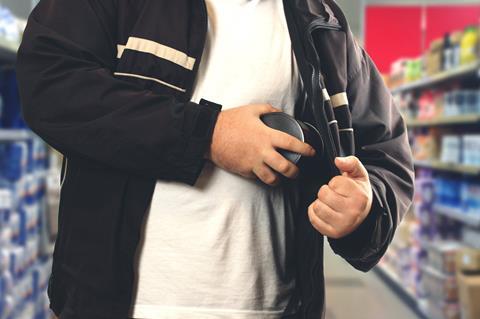
The Crime and Policing Bill aimed at tackling retail crime and helping communities will be introduced in Parliament today and begin its journey to becoming law, however retailers are concerned that without the proper support, the new measures will have no impact.
Key measures set out by the government include making assaulting a shopworker a seperate offence and scrapping the “low category shoplifting” legislation - introduced by the Conservatives in 2014 - which makes shop theft involving property with a value of £200 or less a summary-only offence.
For many retailers, the new measures are nothing new. The Conservatives announced plans to introduce a standalone criminal offence of assaulting a retail worker back in April 2024. So, to hear the offence echoed by Labour is a “step in the right direction,” says Tenby-based retailer Fiona Malone.
However, Fiona raises concerns over the lack of police collaboration. “The issue we face is that being a seasonal town, we quite often have people who will come here and steal and they’re not local to us. So, therefore, they’re not known by the police. It seems that the police don’t actually share those images across forces.”
Unless police forces start “collaborating” and “sharing images” of offenders, then there’s “nothing I don’t think will happen,” she adds.
Similarly, husband Vince Malon says “it’s definitely good news that it’s been moved up the agenda”. He explains that the new measures need to be backed up with support and investment with a bigger discussion around what will “deliver a better outcome”.
“Jail doesn’t work and we don’t have the capacity so greater thought needs to be put into rehabilitation and restorative justice,” says Vince.
Meanwhile, village retailer Vidur Pandaya raises the point that so many crimes go uninvestigated, even if reported. ”Luckily for us, we’re in a village and we have a good tight community so we know most of the customers by first name. Obviously we need more bobbies around to try and engage with the locals. But I’ve got about seven odd reference numbers from the police pending over the last seven years from crimes I’ve reported.
“The thing is, if you don’t report, then there’s no trace. The government will say the crime is going down, but in reality it hasn’t. What we’ve seen is people’s habits changing and with the cost of living, they’re looking at ways of surviving. More food is being stolen. There’s less and less theft in terms of alcohol, but more in terms of everyday essentials. It’s quite sad.”
So we do try and report, but the response is nothing. You get a reference number and that’s about it. So we try and get involved to raise awareness of what’s happening in the store. We recently added the radio system in the store with retail AI. It tells criminals that CCTV is here, don’t commit crime here. If you’re a local community hub you want to give a message of hope.”
Besides the new measures, Wiltshire-based Spar retailer Susan Connolly highlights that high-profile cases of retail crime prosecutions in the news would “send a bigger message out there than the Law does”.
She considers herself “really lucky” to live in an area with a relatively low crime rate, understanding its impact on her fellow retailers. “I want the government to stand up, admit there’s a problem. It’s ok putting a new law in, but it actually needs to be enforced. I want the government to follow up its words with actions and hopefully we can start battling this,” explains Susan.






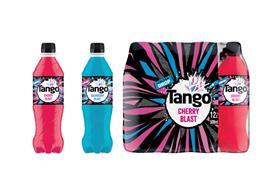
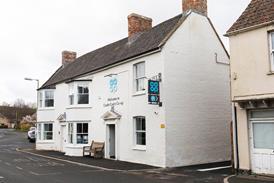
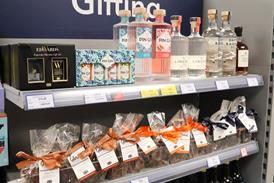
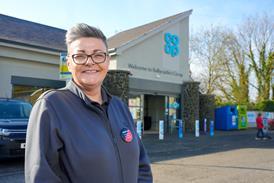
![WG-4003[58]](https://d2dyh47stel7w4.cloudfront.net/Pictures/274x183/4/5/1/353451_wg400358_6083.jpg)





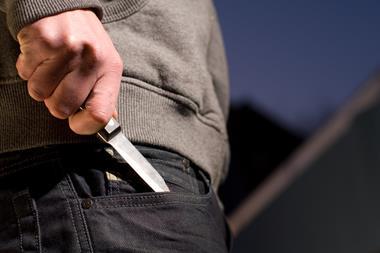
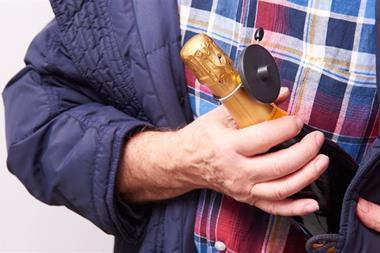
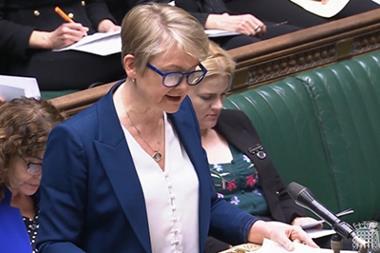
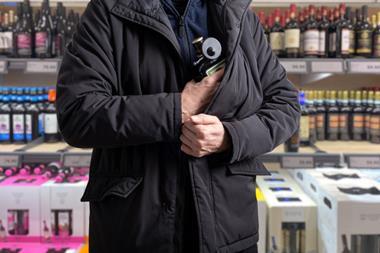
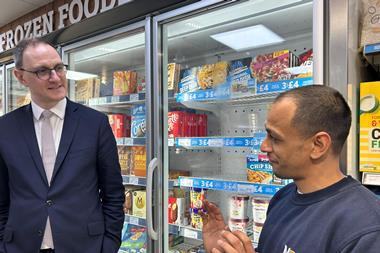


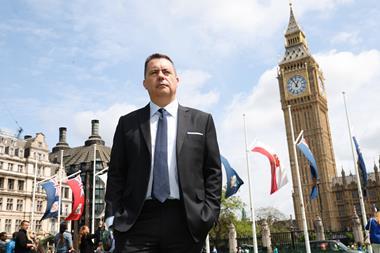
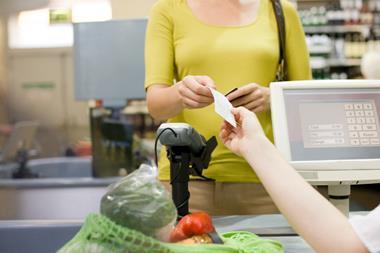

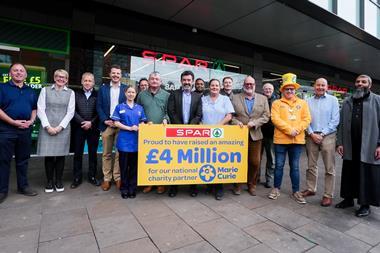
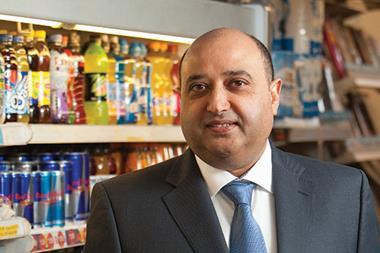
No comments yet